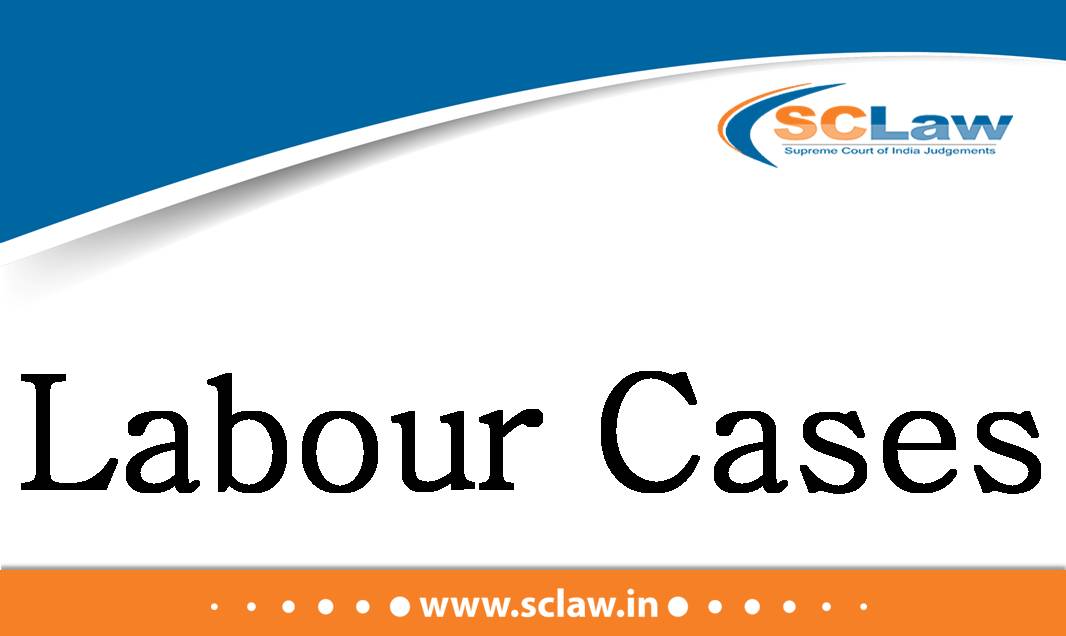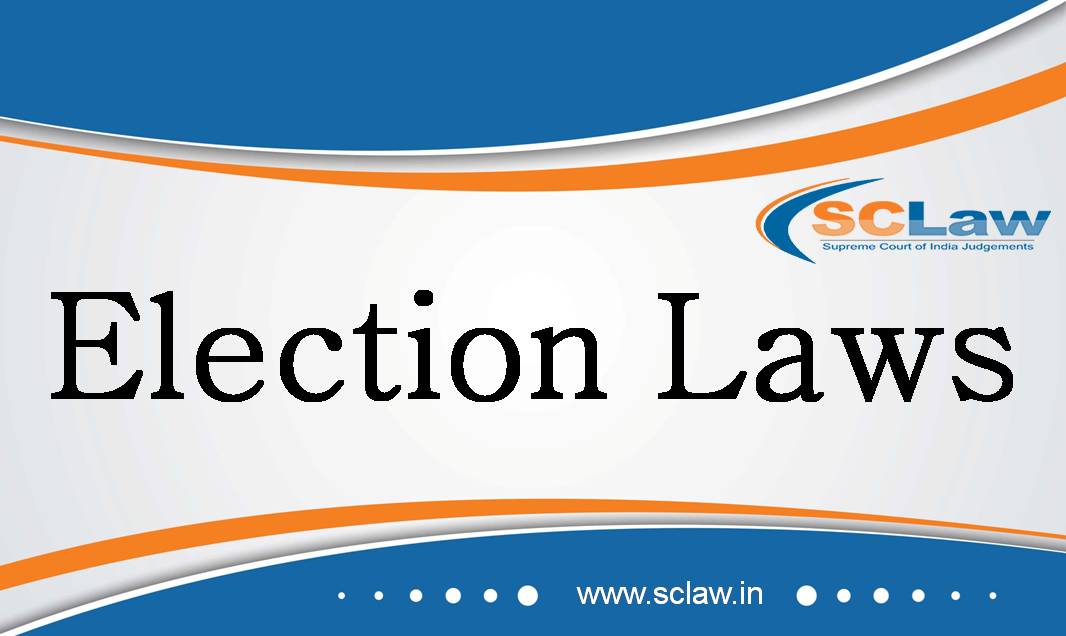Gun Shot Injury–Ballistic expert report–Where direct evidence is of such an unimpeachable character, and the nature of injuries, disclosed by post-mortem notes is consistent with the direct evidence, the examination of Ballistic Expert may not be regarded as essential.
2008(1) Law Herald (SC) 24 IN THE SUPREME COURT OF INDIA Before The Hon’ble Mr. Justice P.P. Naolekar The Hon’ble Mr. Justice D.K. Jain Appeal (crl.) 35 of 2006…
Murder–Non recovery of weapons–In any event, non-recovery of incriminating material from the accused cannot be a ground to exonerate them of the charges when the eye-witnesses examined by the prosecution are found to be trustworthy.
2008(1) LAW HERALD (SC) 17 IN THE SUPREME COURT OF INDIA Before The Hon’ble Mr. Justice S.B. Sinha The Hon’ble Mr. Justice Harjit Singh Bedi Criminal Appeal Nos. 382-386,…
Murder–Essentials to be proved–Enumerated. Medical Jurisprudence–Linier abrasion can be possible by lathi as well. Medical Jurisprudence–Incised wound–There in certain situations, the wound produced by a blunt instrument may similarly seem to be an incised one.
2008(1) Law Herald (SC) 13 IN THE SUPREME COURT OF INDIA Before The Hon’ble Mr. Justice S.B. Sinha The Hon’ble Mr. Justice Harjit Singh Bedi Criminal Appeal No.…
Framing of charges–Even strong suspicion founded on material which leads the court to form a presumptive opinion as to the existence of the factual ingredients constituting the offence alleged would justify the framing of charge against the accused in respect of the commission of that offence. Cruelty to wife–Not even a whisper of wilfull conduct of appellants of harassment of the complainant at their hands with a view to coercing her to meet any unlawful demand by then so as to attract Section 498-A IPC–Proceedings quashed.
2008(1) Law Herald (SC) 8 IN THE SUPREME COURT OF INDIA Before The Hon’ble Mr. Justice Ashok Bhan The Hon’ble Mr. Justice D.K. Jain Criminal Appeal No. 1716 of 2007…
Criminal Trial–Gun shot injury–Time when weapon was fired–It is never possible to ascertain with any scientific accuracy the time when a weapon or cartridge was fired.
2008(1) Law Herald (SC) 1 IN THE SUPREME COURT OF INDIA Before The Hon’ble Mr. Justice S.B. Sinha The Hon’ble Mr. Justice Harjit Singh Bedi Criminal Appeal No.…
Reinstatement–Daily Wager–The basic difference between a person who is engaged on part time basis for one hour or few hours and one who is engaged as a daily wager on regular basis has to be kept in view.
2007(5) LAW HERALD (SC) 4143 IN THE SUPREME COURT OF INDIA Before The Hon’ble Mr. Justice Dr.Arijit Pasayat The Hon’ble Mr. Justice Aftab Alam Civil Appeal No. 5423 of…
Pre-existing Right–Half portion of the land given to First Wife by way of maintenance by reason of consent decree–First Wife died–Her legal heirs or legal representative entitled claim that land. Right of a female Hindu–Legal position summarized.
2007(5) LAW HERALD (SC) 4137 IN THE SUPREME COURT OF INDIA Before The Hon’ble Mr. Justice S.B. Sinha The Hon’ble Mr. Justice Harjit Singh Bedi Civil Appeal No. 5321…
Election–Reserved seat–Respondent contested the election as a member of SC candidate and was elected–Documentary evidence shows he does not belong to SC Category–Election held to be void. Election Law–Caste Certificate–Where a caste certificate issued by the Executive Magistrate is showing a different caste as maintained in the School records then the said certificate should be ignored.
2007(5) LAW HERALD (SC) 4126 IN THE SUPREME COURT OF INDIA Before The Hon’ble Mr. Justice K. G. Balakrishnan, CJI The Hon’ble Mr. Justice R. V. Raveendran Civil Appeal…
Second Appeal–Substantial question of law–Before High Court the substantial question of law formulated did not arise out of the orders of courts below–Impugned judgment cannot be maintained.
2007(5) LAW HERALD (SC) 4122 IN THE SUPREME COURT OF INDIA Before The Hon’ble Mr. Justice Dr. Arijit Pasayat The Hon’ble Mr. Justice D.K. Jain Civil Appeal No. 497-498 of…
Rent Law–Death of the landlord during the pendency of the appeal preferred by the tenant will make no difference as his heirs are fully entitled to defend the estate.
2007(5) LAW HERALD (SC) 4116 IN THE SUPREME COURT OF INDIA Before The Hon’ble Mr. Justice G.P. Mathur The Hon’ble Mr. Justice V.S. Sirpurkar Civil Appeal No. 5326…












